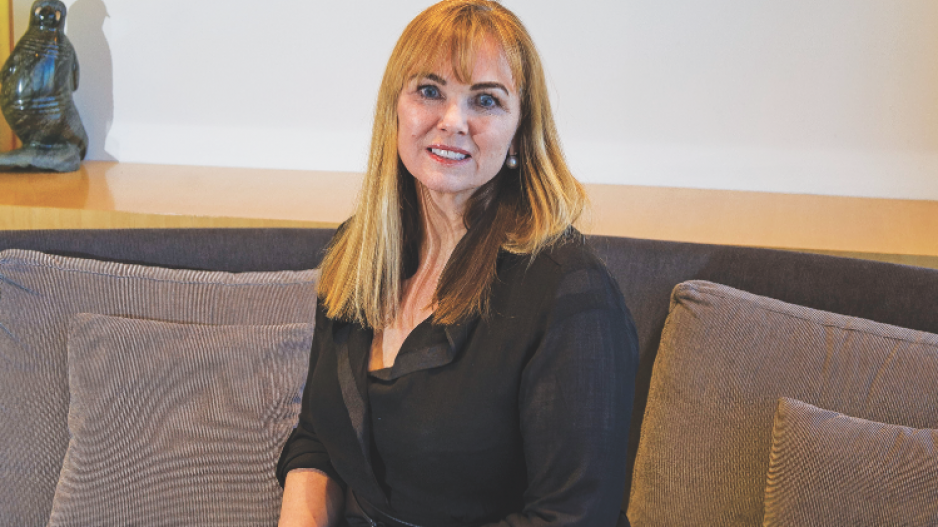As a schoolgirl growing up in Cape Town, South Africa, Fiona Macfarlane loved arguing – and was so good at it that she became captain of her school’s debating team.
It was a plum position because she got to pick the schools her team would take on.
“I used to pick the boys’ schools,” Macfarlane said.
It was perhaps a natural choice, then, for her to pick law school as her next move, since when she entered the program in 1977, law wasn’t a common occupation for women. In apartheid-era South Africa, it was also a daring choice.
“I think law in those days had a reputation in the apartheid era of being one of the professions that was trying to change things,” Macfarlane said, adding that her father’s experience as a journalist had also opened her eyes to “the oppressiveness of the regime.”
With a love of business and entrepreneurship, Macfarlane settled on tax law.
“I used to run a legal aid clinic in one of the townships, and that was very educational,” she said. “It told me that I didn’t have the fortitude to do things like criminal and family law. The tragedies of people’s lives were very hard to leave at the end of the day.”
As a young, newly married couple, Macfarlane and her husband despaired that their country would ever change in a peaceful way. They decided to emigrate.
Macfarlane wanted to go to England, where she had studied for her master’s degree; her husband picked the United States. They compromised on Canada and landed in Calgary in 1987.
Macfarlane sent her resumé to several firms, but got only one response – from Ernst & Young (now EY). Unable to practise law in Canada without expensive retraining, Macfarlane was hired to do junior tax work.
She’s still at the firm 28 years later, now as managing partner for British Columbia. EY’s strong and supportive corporate culture is the reason she’s stayed at the company for her entire career.
“If you look at the fact that I was hired as a foreign-trained lawyer in the midst of a recession in Calgary in 1987, that was walking the talk on inclusion before it was popular,” she said. “It’s part of EY’s culture.”
In 2010, Macfarlane created another job for herself: she is EY’s chief inclusiveness officer. The position is unusual because it is focused not on EY’s internal operations, but on spreading the message that diversity and inclusion in the workforce are important for the health of all businesses.
“We can try to be the most inclusive culture within our organization, but ultimately success is when everybody’s inclusive,” Macfarlane said.
“Our people will get more opportunities and we believe the working world [and the economy] will be better.”
Macfarlane regularly speaks to business audiences about the issue.
She also wrote and spoke about the need for comply-or-explain regulations a year before the Ontario Securities Commission announced it would be adopting requirements that companies publicly disclose their efforts to improve female representation on their boards.
“Access to talent is one of the things … CEOs speak a lot about,” Macfarlane said. “We believe if you tap into the deepest pool of people, you’re going to get the best talent.
“Right now we use the analogy of a basketball team: if you build a basketball team from a very small [school], you’re probably not going to beat the basketball team from a very big school.”




